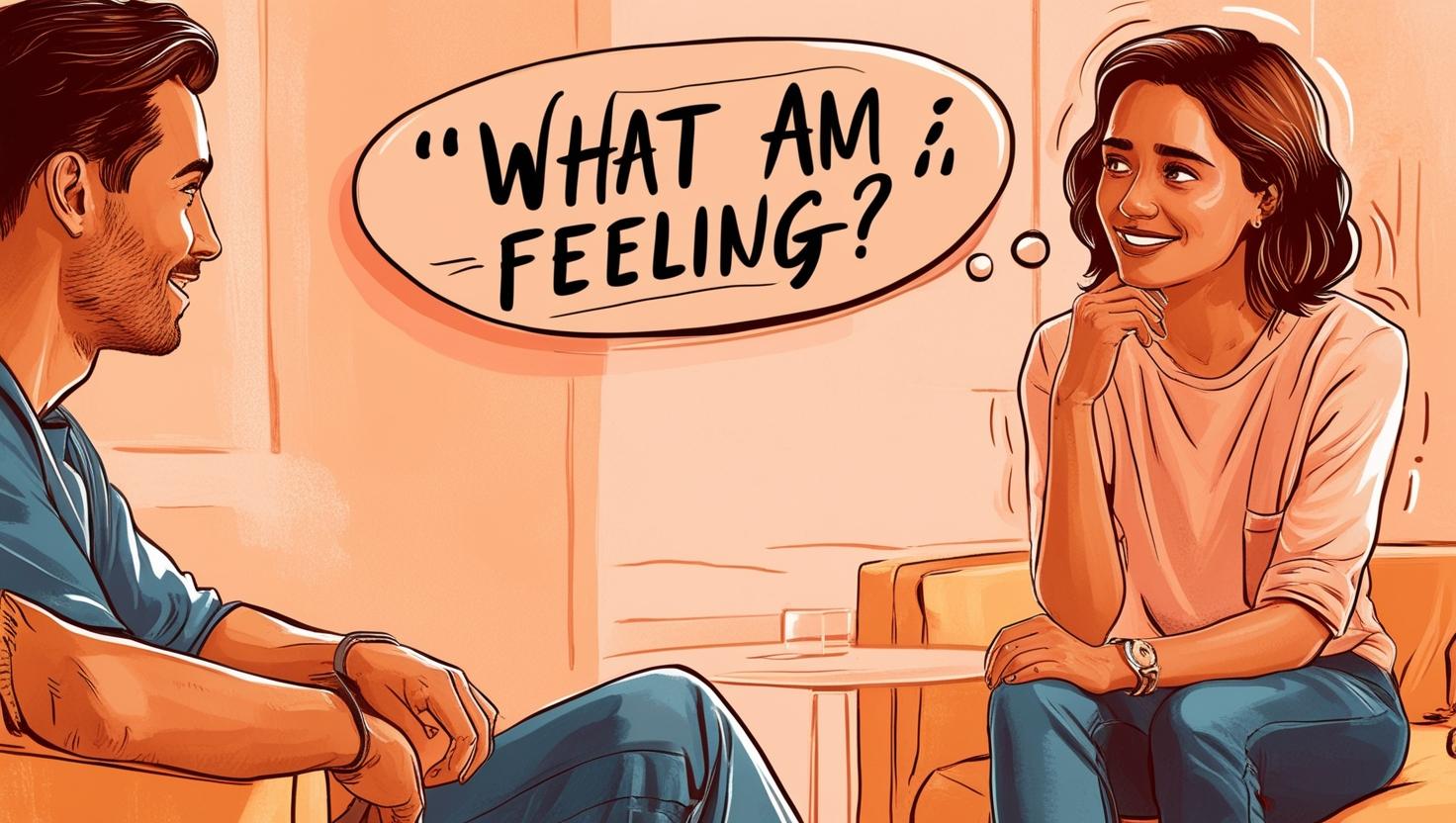
Understanding Delayed Emotional Responses in ADHD
Have You Ever Felt This Way About And Experience?
Have you ever found yourself reacting emotionally to something long after it happened—maybe hours, or even days later? If you have ADHD, this might be a common experience. This delay in emotional processing is tied to the unique way ADHD brains work. Understanding why this happens and how to navigate it can make a world of difference for both individuals with ADHD and those who care about them.
Why Do Delayed Emotional Responses Happen When You Have ADHD?
ADHD brains don't manage emotions neurotypically. Here are some reasons why emotions may seem “on a delay”:
- Executive Dysfunction Emotional regulation is part of your brain’s executive functions. With ADHD, these processes often work slower, leading to delayed emotional responses.
- Interoception Issues Interoception helps you tune into your body and recognize internal states, like hunger, fatigue, or emotions. Challenges with interoception in ADHD can result in delayed recognition of emotions.
- Working Memory Challenges Working memory connects past experiences to current events. In ADHD, working memory challenges can delay emotional processing as the brain takes longer to make sense of situations.
- Emotional Dysregulation When emotions aren’t processed right away, they can build up and surface all at once, sometimes with more intensity than expected.
@kristenmccluretherapist ADHD people may take a while to process emotions. #adhd #delayedemotionalprocessing ♬ original sound - Therapy for Adhd Women
What Do Delayed Emotional Responses Look Like in Everyday Life?
Delayed emotional responses can manifest in various ways:
- Reacting Later to Conversations You might disagree with a friend and think everything is fine, only to feel hurt or angry hours or days later.
- Underreacting and Then Overreacting Initially, you feel calm after hearing bad news but experience a wave of sadness or frustration later.
- Emotional Build-Up Small incidents, like spilling a drink or forgetting your keys, might trigger a significant reaction due to unprocessed emotions from earlier.
- Difficulty Explaining Feelings When asked how you feel, you might say, “I’m fine,” only to realize later that you weren’t fine at all.
How to Cope with Delayed Emotional Responses
Managing delayed emotions starts with understanding and patience. Here are a few strategies to help:
- Give Yourself Time to Reflect After significant events or conversations, take time to check in with yourself. Journaling or talking to a trusted friend can help you process and identify emotions sooner.
- Label Your Emotions Out Loud If you’re unsure of what you’re feeling, try verbalizing it: “I feel… upset? Or maybe disappointed?”
- Set Up Mindful Check-Ins Use reminders to pause and ask yourself, “How am I feeling right now?” Regular check-ins can help you catch emotions earlier.
- Practice Self-Compassion Remind yourself that delayed emotional responses are part of how your brain processes things. Be kind to yourself and accept your unique emotional timeline.
- Communicate with Others Practice self advocacy by informing those in your life about your delayed emotional responses. A simple explanation can prevent misunderstandings and build stronger relationships.
Wrapping It Up
Delayed emotional processing is common with ADHD. Take time to process, stay self-aware, and communicate openly to manage it effectively. Understanding your emotional patterns can help you feel more in control. Have you experienced this? Share your thoughts and strategies below!


